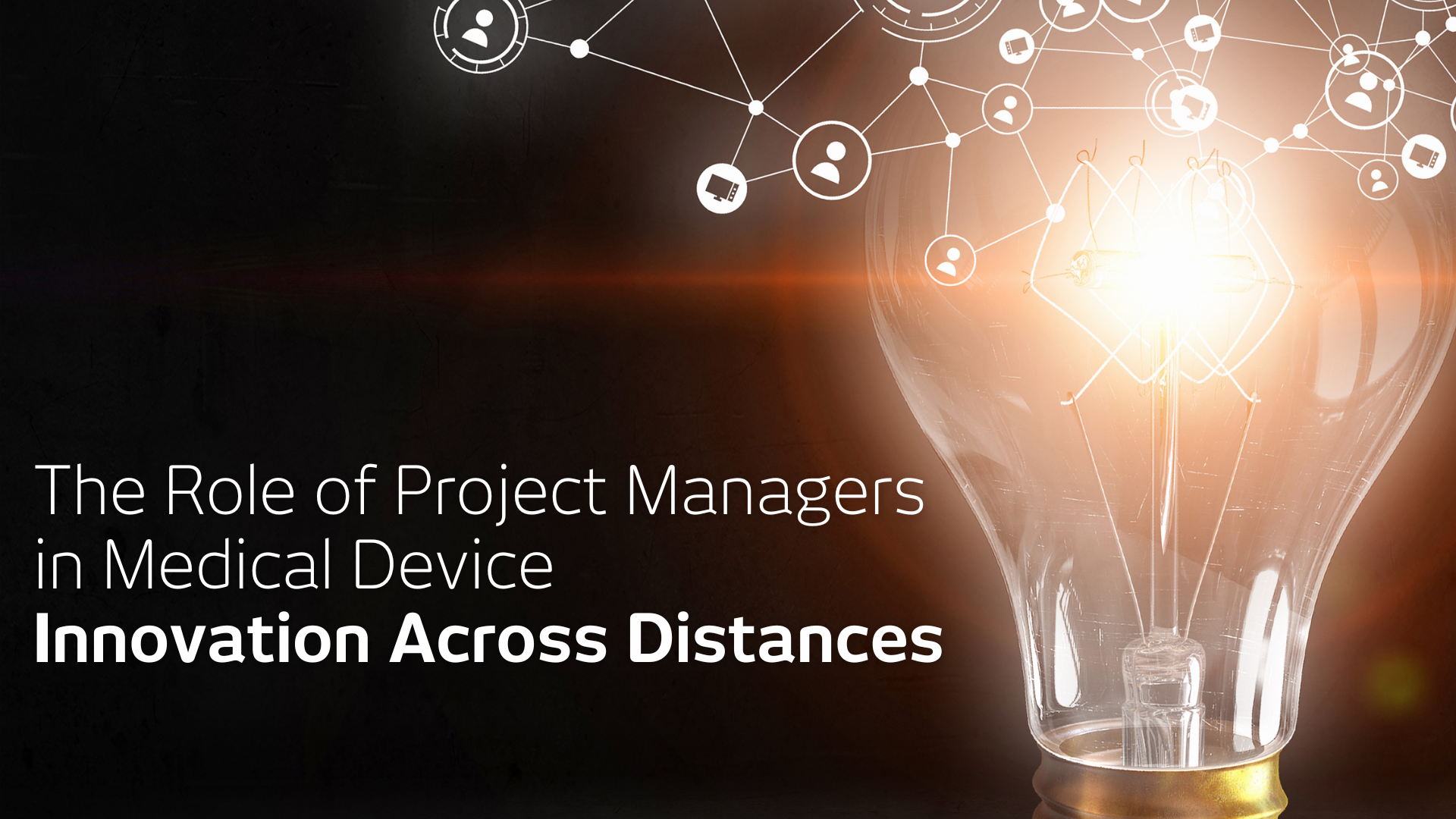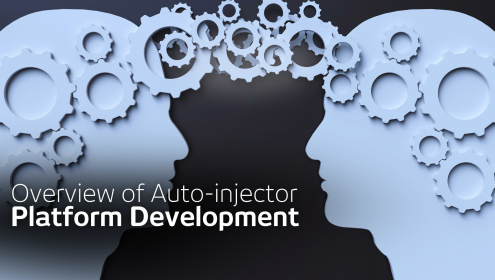The Role of Project Managers in Medical Device Innovation Across Distances
Ayelet Tal Shahar | 12.09.2024

The Role of Project Managers in Medical Device Innovation Across Distances
Introduction
The medical device industry is a complex landscape, where innovation is essential for continuously improving patient outcomes. Successful project management in such a field requires a delicate balance of technical expertise, regulatory understanding, and effective collaboration among diverse teams, often spread across different locations. This article explores the critical role of collaboration among departments such as R&D, manufacturing, quality management, and others – and how effective project managers can facilitate these interactions to ensure project success in a remote or hybrid work environment.
The Importance of Cross-Functional Collaboration
In the medical device industry, where projects often involve developing life-saving products, collaboration is not merely a nice-to-have; it’s a necessity. Among the essential requirements for successful project execution are:
- Shared Understanding: Effective communication between teams ensures a shared understanding of project goals, timelines, and expectations. This reduces misunderstandings and prevents costly rework.
- Leveraging Expertise: Each department brings unique skills and knowledge to the table. By working together, teams can leverage their expertise to identify potential challenges and develop innovative solutions.
- Enhanced Efficiency: Collaboration can streamline processes, reduce bottlenecks, and improve overall project efficiency. When teams work together harmoniously, they can avoid delays and ensure that projects are completed on time and within budget.
- Regulatory Compliance: The medical device industry is heavily regulated. Collaboration helps ensure that all teams are aligned with regulatory requirements, reducing the risk of non-compliance and associated financial consequences.
The Role of Project Managers as Facilitators
Project managers play a pivotal role in fostering collaboration among different departments, especially when teams are geographically dispersed. They act as the glue that holds the project together, ensuring that everyone is working towards a common goal. Project managers must facilitate:
- Effective Communication: Project managers must establish clear communication channels and enable open dialogue between teams. This involves regular meetings, status updates, and the use of project management tools.
- Conflict Resolution: Disagreements and conflicts can arise between teams, especially when they are located in different time zones or cultures. Project managers must be skilled at identifying and resolving these issues in a constructive manner.
- Risk Management: Project managers are responsible for identifying and mitigating risks that could jeopardize project success. By working closely with teams, they can develop strategies to address potential challenges, including those related to remote work.
- Resource Allocation: Project managers must allocate resources effectively to ensure that teams have the support they need to complete their tasks. This involves balancing the needs of different departments and prioritizing tasks based on their importance.
- Advancing the Project Pragmatically: Project managers must maintain a pragmatic perspective, looking at the bigger picture and making decisions that are aligned with the overall project goals. This involves balancing short-term needs with long-term objectives and making trade-offs when necessary.
Overcoming the Challenge of Remote Teams
Managing a team that is not located in the same place presents unique challenges. Strategies that project managers can employ to overcome these obstacles include:
• Utilization of Technology: Embrace collaboration tools like video conferencing, instant messaging, and project management software to facilitate communication and teamwork.
• Establishing Clear Expectations: Clearly define roles, responsibilities, and deadlines to ensure that everyone is aligned and working towards the same goals.
• Fostering a Culture of Trust: Build trust among team members by encouraging open communication, transparency, and accountability.
• Providing Support and Training: Offer training on remote work best practices and provide the necessary tools and support to help team members succeed.
• Scheduling Regular Check-Ins: Conduct regular virtual meetings to discuss progress, address issues, and maintain team morale.
Best Practices for Collaboration in Medical Projects
• Clear Roles and Responsibilities: Define clear roles and responsibilities for each team member to avoid confusion and duplication of effort.
• Continuous Monitoring: hold regular meetings or conference calls to update on progress, stay on top of challenges, and make any necessary adjustments.
• Use of Project Management Tools: Leverage project management software to track progress, manage tasks and facilitate communication.
• Celebrate Successes: Recognize and celebrate team achievements to boost morale and maintain motivation.
Conclusion
Collaboration is essential for the success of medical device innovation projects, especially when teams are geographically dispersed. By fostering effective communication, resolving conflicts and effectively managing resources, project managers can play a critical role in ensuring that teams work together harmoniously to develop innovative and life-saving medical products, regardless of their location.






